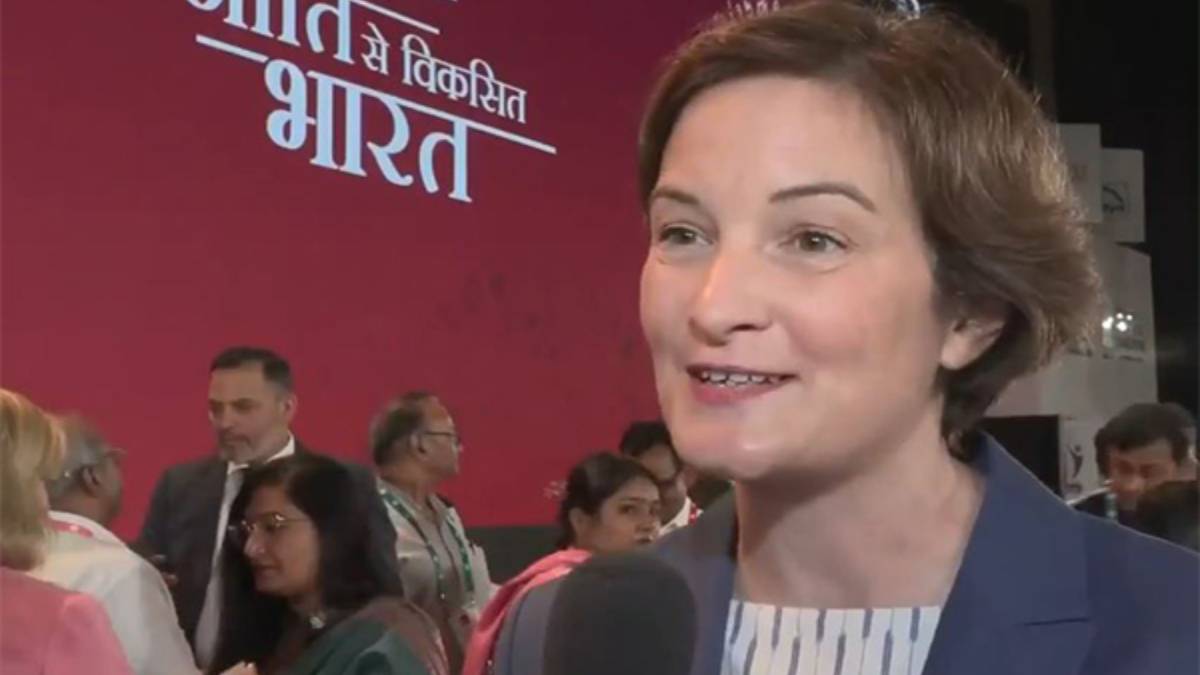Deputy British High Commissioner to India Christina Scott has said that the India-UK Vision 2035 roadmap will significantly expand bilateral ties, setting the stage for a “bigger, broader, and deeper” partnership between the two countries.
Speaking to ANI on Tuesday, Scott highlighted the optimism and shared commitment expressed by Prime Minister Narendra Modi and UK Prime Minister Keir Starmer during PM Modi’s recent visit to the United Kingdom, where the Vision 2035 document was unveiled.
“We are at a really exciting stage in the UK-India relationship. The energy and hope expressed by both Prime Ministers last week was incredibly positive. I am sure that under Vision 2035, we will go on to have an even bigger, broader, and deeper relationship,” she said.
The India-UK Vision 2035 is a strategic framework that outlines collaborative efforts in key areas such as trade, education, technology, security, and sustainability, with a shared goal of fostering mutual growth and shaping a secure and prosperous global future.
Scott emphasized the importance of the Free Trade Agreement (FTA) that was a central agenda during PM Modi’s UK visit, describing it as a major milestone in the evolving partnership.
“One of the key highlights of the Vision 2035 is education, which reflects both governments’ strong commitment to enhancing learning opportunities and creating a skilled, future-ready workforce,” she added.
The roadmap envisions an intellectual partnership driven by innovation, technological advancement, and collaborative research. It aims to produce a talent pool capable of addressing global challenges and contributing to a sustainable world.
With Vision 2035, India and the UK seek to not only deepen bilateral cooperation but also position themselves as global partners in shaping the future across education, trade, and strategic collaboration.


